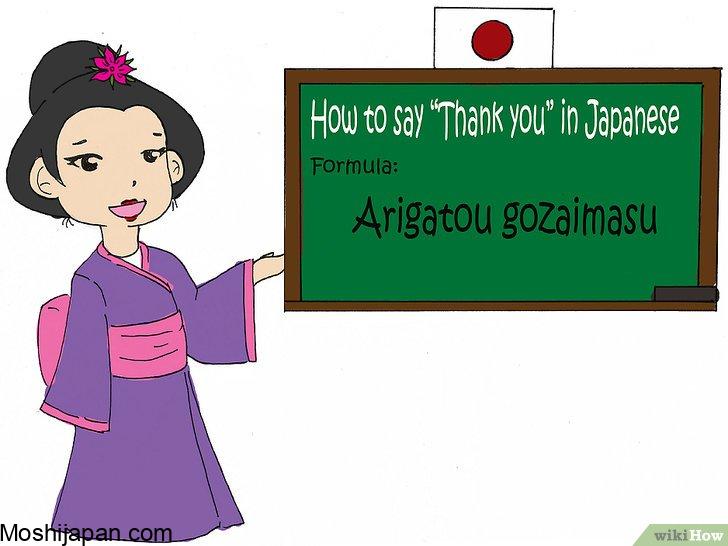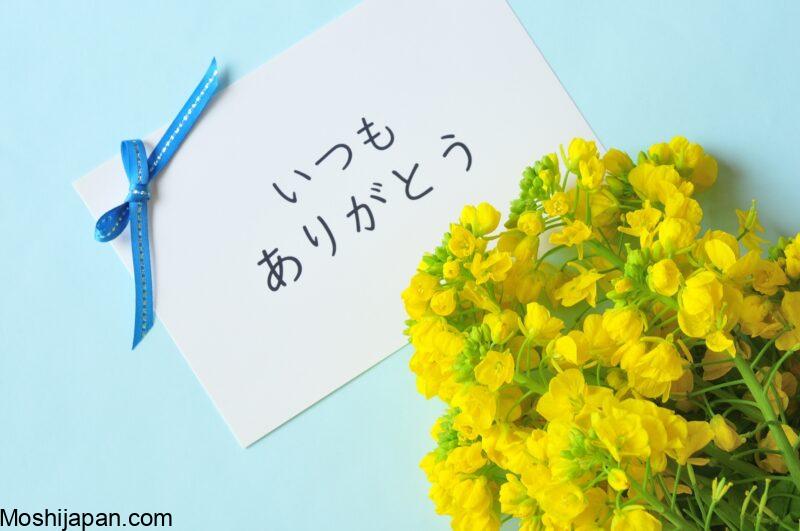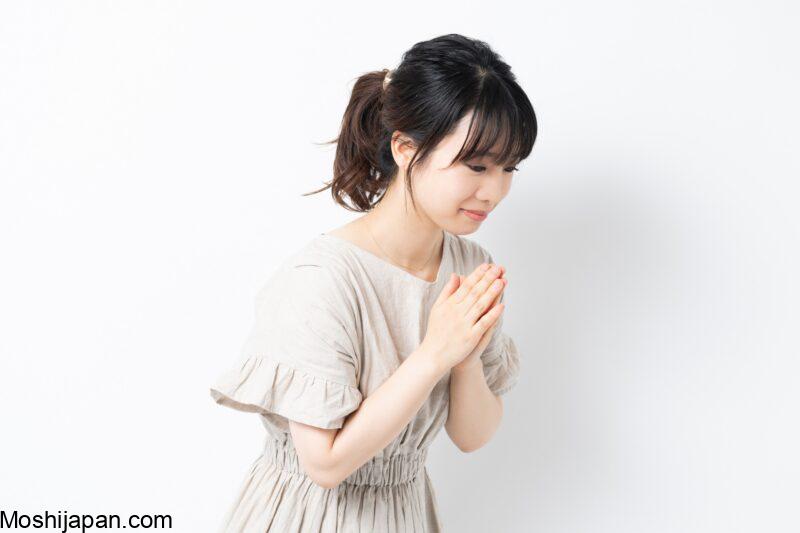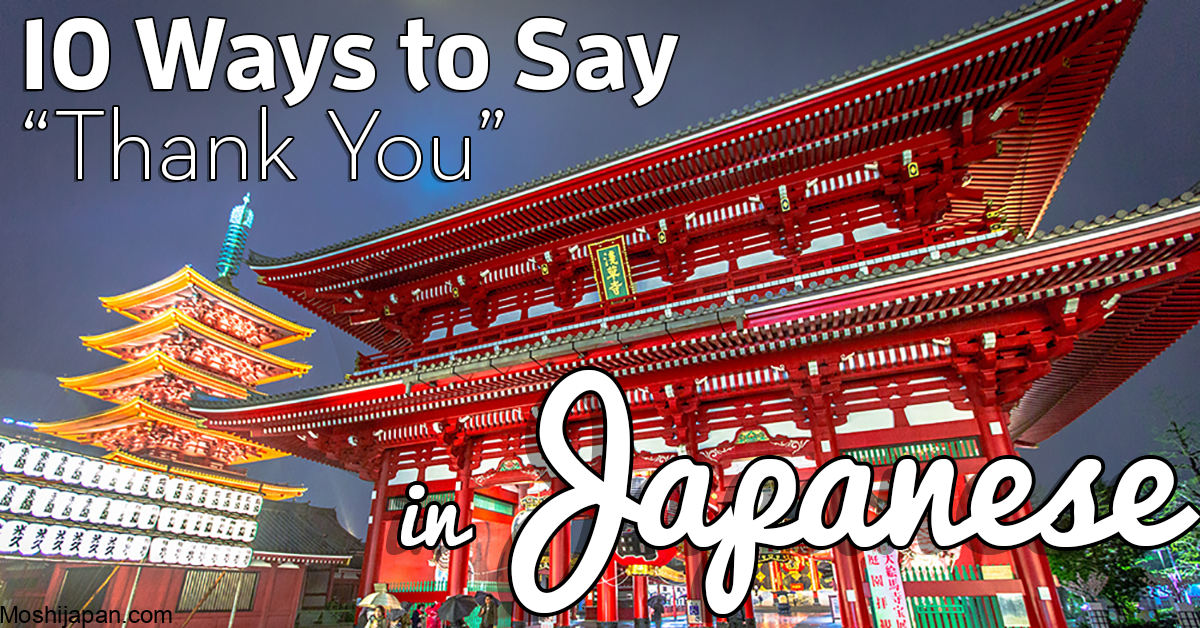How to Say ‘Thank You’ in Japanese: A Gratitude Guide
In a world filled with diverse cultures and languages, expressing gratitude is a universal gesture that transcends boundaries. If you’ve ever been curious about how to say ‘thank you’ in Japanese, you’re in for a delightful linguistic journey. In this comprehensive guide, we’ll explore the various ways to express appreciation in the Japanese language, providing you with not only the words but also the cultural nuances that accompany them.
Understanding the Significance of Gratitude in Japan (H2)

Before we delve into the different ways to say ‘thank you’ in Japanese, it’s crucial to grasp the profound importance of expressing gratitude in Japanese culture. Gratitude, or “arigatou” (ありがとう), is deeply ingrained in the Japanese way of life. It reflects respect, humility, and acknowledgment of the kindness extended to you.
The Basic Expression: Arigatou (H3)

The most common way to say ‘thank you’ in Japanese is by using the word “arigatou” (ありがとう). It’s a simple yet heartfelt expression that can be used in various situations, both formal and informal.
Example: When someone holds the door for you, a sincere “Arigatou!” is the perfect response.
Adding Politeness: Arigatou Gozaimasu (H3)

For a more formal tone, especially in business or when showing respect to elders, you can use “arigatou gozaimasu” (ありがとうございます). This phrase adds a layer of politeness to your gratitude.
Example: When receiving a gift from your boss, respond with a gracious “Arigatou gozaimasu.”
Deeper Appreciation: Domo Arigatou Gozaimasu (H3)

To express even deeper appreciation, you can say “domo arigatou gozaimasu” (どうもありがとうございます). This is a warm and heartfelt way to convey your thanks, often used when someone has gone above and beyond to help you.
Example: When a friend helps you move to a new apartment, a hearty “Domo arigatou gozaimasu” is in order.
Beyond Words: Osewa ni Narimashita (H3)

Japanese culture values actions as much as words, and sometimes actions speak louder. “Osewa ni narimashita” (お世話になりました) means “I have been in your care” and is a way to express gratitude for someone’s kindness and support.
Example: After staying at a friend’s house, you can leave a note saying “Osewa ni narimashita” to show your appreciation.
Informal Gratitude: Thanks (H3)
In casual settings, you can simply use the English word “thanks” when expressing gratitude. It’s widely understood in Japan, especially among the younger generation.
Example: If a friend lends you a book, a quick “Thanks!” is perfectly acceptable.
Non-Verbal Expressions (H2)
In addition to spoken words, Japanese culture offers non-verbal ways to convey gratitude. These include bowing, gift-giving, and acts of service. A bow, known as “ojigi” (お辞儀), can signify deep respect and appreciation.
Context Matters (H2)
Understanding when and how to use these expressions is crucial. Context plays a significant role in Japanese communication. Be attentive to the situation and the relationship you have with the person you’re thanking.
keys words
- say hello in japanense
- learn japanense online
- say thank you in japan 2024



0 Comments